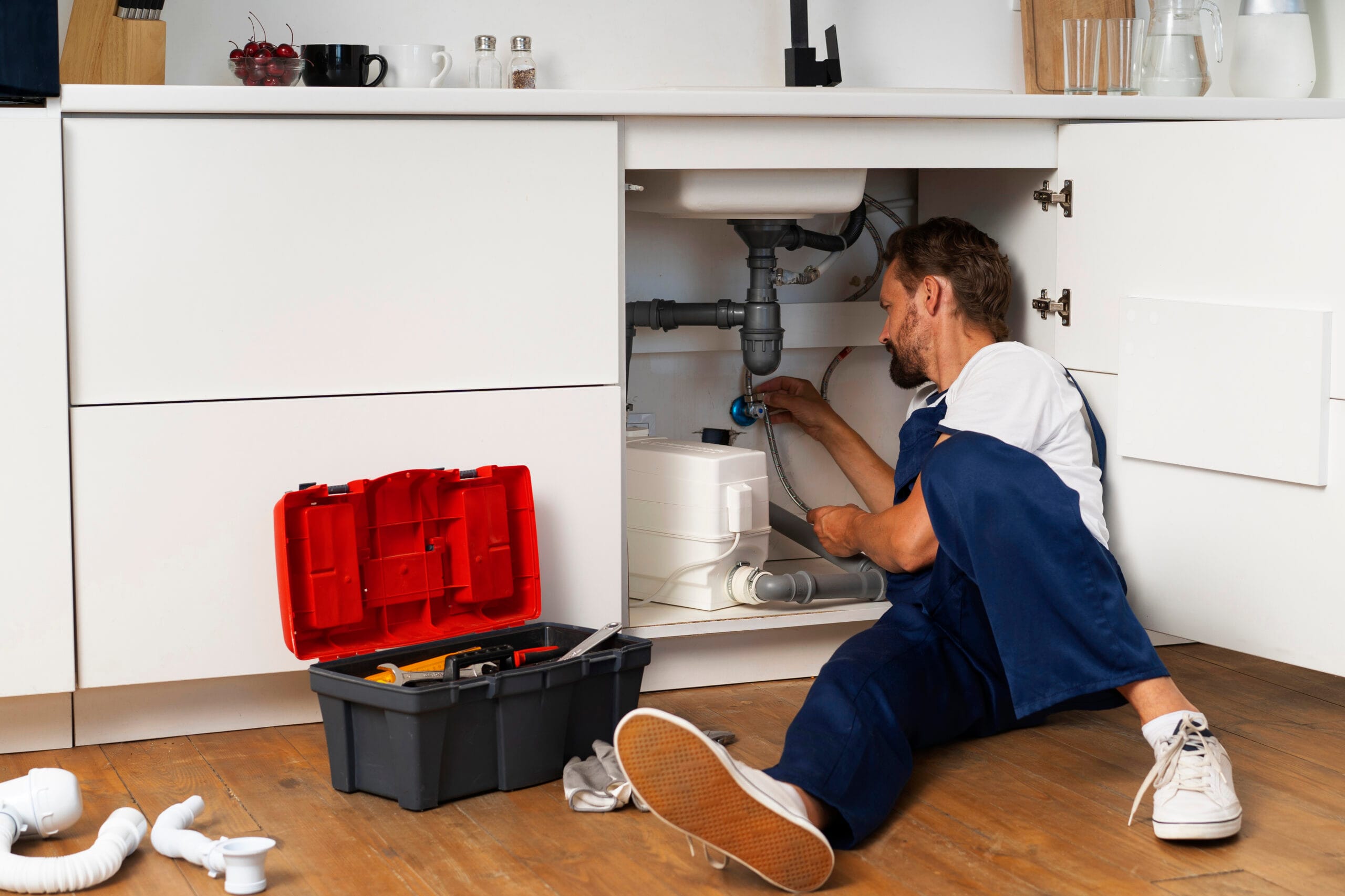Smart homes are evolving beyond convenience, embracing a new role in health management. While fitness trackers have become commonplace, a fresh wave of tech is transforming how we care for our well-being at home. These innovations go far beyond counting steps, offering tools to revolutionize personal health care.
Today’s homes are becoming health hubs with devices that monitor, remind, and even predict health needs. This technology is making it easier for people to stay on top of their health routines, from smart pill dispensers to advanced sleep trackers. These tools can be game-changers for those managing chronic conditions or complex medication schedules.
But it’s not just about managing illness. Smart home health tech is also about promoting overall wellness, encouraging better habits, and providing insights that were once only available at a doctor’s.
This article looks at how new technology offers us solutions for a better and healthier body.
Medication Management Systems
One of the most promising areas of smart home health tech is medication management. For individuals taking multiple medications or those on strict dosing schedules, keeping track can be challenging. Smart pill dispensers and medication reminder systems can be of great use in such situations. These devices go beyond simple alarms and can multitask.
Advanced models can dispense the correct dosage at the right time, track medication adherence, and even alert caregivers or healthcare providers about missed doses. Some systems integrate with smartphone apps, allowing users to receive notifications and track their medication history easily.
For those managing conditions like diabetes, where medication timing can be crucial, these systems can be life-changing. They can help manage complex schedules, including injectable medications like Ozempic, an antidiabetic medication that’s gained significant attention recently.
It’s worth noting that while Ozempic has shown promise in managing diabetes and, in some cases, aiding weight loss, it is facing growing concerns. Some users who took the medication for weight loss have reported severe side effects like stomach paralysis, ileus, and bowel obstruction.
An Ozempic lawyer can guide you if you have experienced side effects from taking this medication for weight loss purposes. They can also help determine if you may be eligible for compensation through legal action.
As per TorHoerman Law, if you have faced side effects like nausea, chronic pain, or serious digestive issues, you should consult a lawyer. The Food and Drug Administration has also mandated an update on the label that mentions the possible side effects. The research is still ongoing and therefore be cautious about the medications you choose to use.
Smart Blood Glucose Monitors
For individuals with diabetes, smart blood glucose monitors represent a significant leap forward. These devices can automatically track blood sugar levels and sync the data with smartphone apps. Some advanced models can even predict trends and alert users to potential highs or lows before they occur.
When integrated with smart home systems, these monitors can do even more. There might be a possibility that your blood glucose monitor detects a dangerous drop in your levels at night. Smart home systems will turn on lights, adjust room temperature for comfort, or even alert a family member or emergency services if required.
As telemedicine expands, many of these smart monitors now offer direct data sharing with healthcare providers. This real-time information exchange allows for more timely and informed treatment adjustments, reducing the need for frequent in-person visits and improving overall care quality.
Smart Scales And Body Composition Analyzers
While bathroom scales aren’t new, smart scales offer a wealth of information beyond just weight. As per Health, many can measure body fat percentage, muscle mass, bone density, and even hydration levels. This data syncs with smartphone apps, allowing users to track trends over time and set health goals.
For individuals managing weight-related health issues or those on medications that may affect body composition, these devices provide valuable insights. They can help users and their healthcare providers make more informed decisions about treatment plans and lifestyle changes.
Sleep Tech: Beyond Basic Tracking
According to the National Sleep Foundation, quality sleep is crucial for overall health, and smart home tech is taking sleep tracking to new levels. Advanced sleep tech can now monitor not just duration and basic patterns but also factors like room temperature, noise levels, and air quality. Since all of them can affect sleep quality.
Some systems can automatically adjust your home environment for optimal sleep conditions. Imagine your bedroom automatically dimming lights, adjusting temperature, and even playing soothing sounds as your usual bedtime approaches. For those on medications that may affect sleep patterns, this technology can provide valuable data, potentially leading to more effective treatment plans.
Challenges and Considerations
As per ScienceDirect, while the potential benefits of smart home health tech are immense, it’s important to approach this technology thoughtfully. Privacy and data security are significant concerns, as these devices collect sensitive health information. Users should carefully review privacy policies and understand how their data is being used and protected.
There’s also the risk of over-reliance on technology, reports BMC. While these tools can provide valuable insights and assistance, they should complement, not replace, professional medical advice. It’s crucial to maintain regular check-ups with healthcare providers and discuss the use of any health tech.
Frequently Asked Questions (FAQs)
What types of smart home devices are useful for elderly care?
For elderly care, smart home devices such as fall detection sensors, medical alert systems, and smart pill dispensers are highly beneficial. These devices can alert caregivers or emergency services in the case of an emergency. Smart home hubs also allow remote monitoring of vital signs and daily activities, helping families ensure the well-being of elderly loved ones.
How do smart home systems monitor chronic health conditions?
Smart home systems can help monitor chronic conditions like diabetes, hypertension, and heart disease by integrating with devices like glucose monitors or blood pressure cuffs. These devices automatically log readings, alert the user to abnormal results, and share data with healthcare providers for more accurate monitoring of chronic conditions.
Can smart home tech help with mental health management?
Yes, it can aid mental health management by creating stress-relieving environments, offering guided meditation, or monitoring sleep patterns through smart lighting or smart speakers. Devices like sleep trackers can help identify sleep issues, while apps on smart assistants provide relaxation techniques, mindfulness reminders, or encourage regular self-care practices.
As we look to the future, the integration of AI and machine learning into home health tech promises more personalized and predictive health management. We may see systems that can detect early signs of illness based on changes in behavior or vital signs, potentially allowing for earlier interventions.
The goal of this technology isn’t to turn our homes into hospitals but to empower individuals to take an active role in managing health. By providing easy access to health data and tools for managing medications, it has the potential to improve health outcomes and quality of life.














